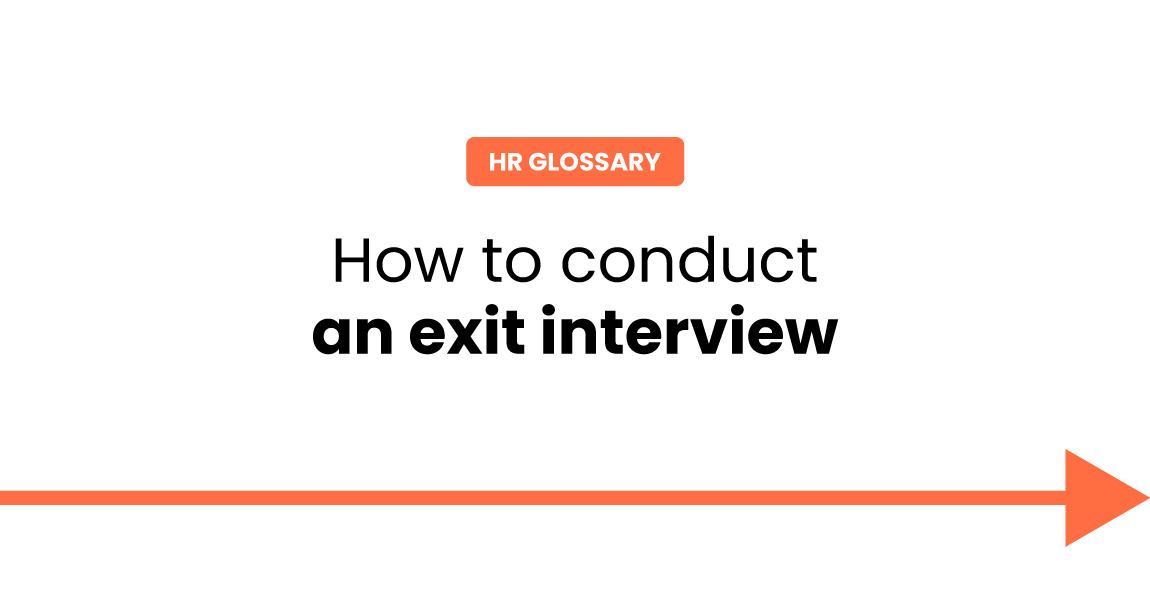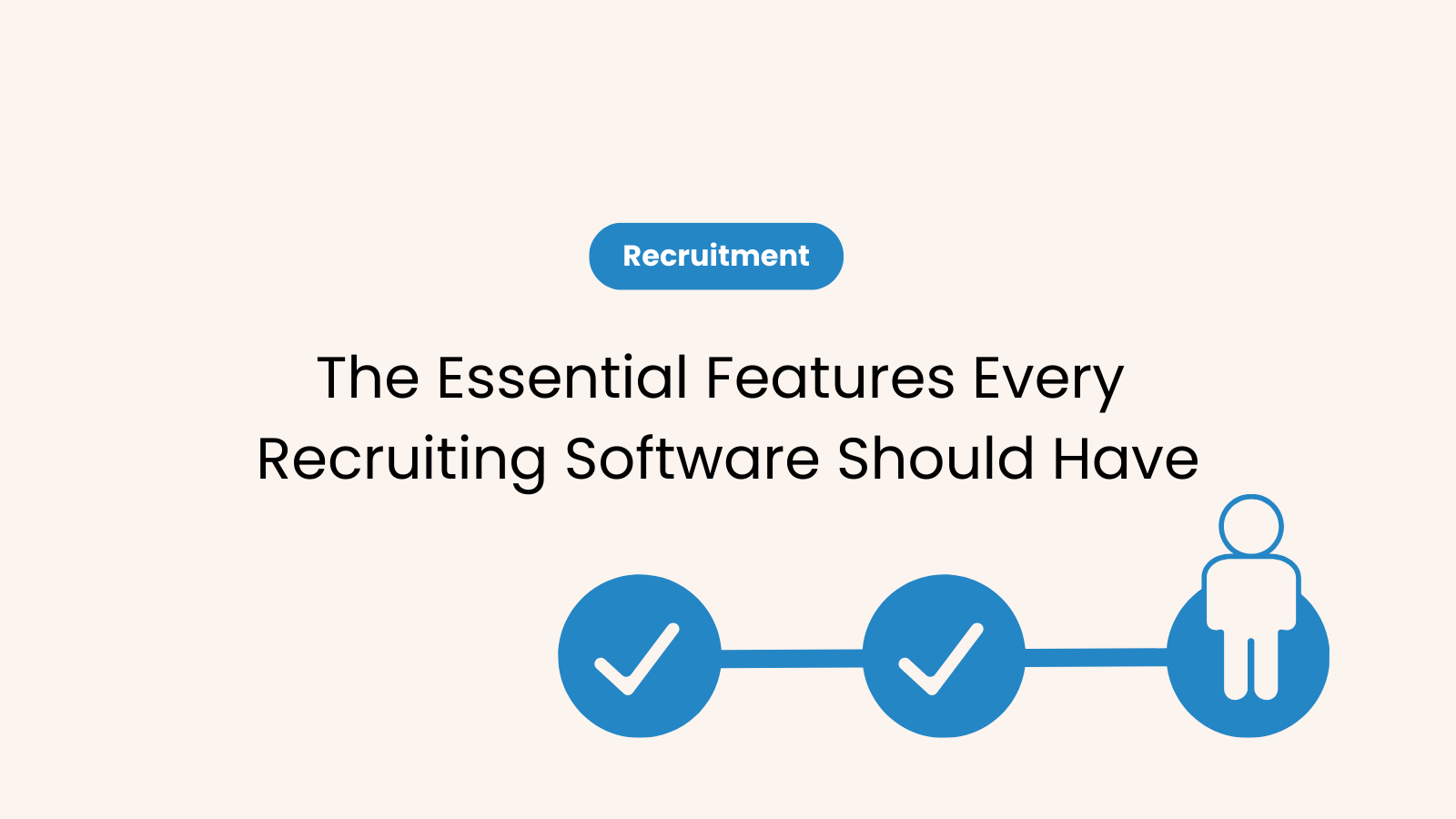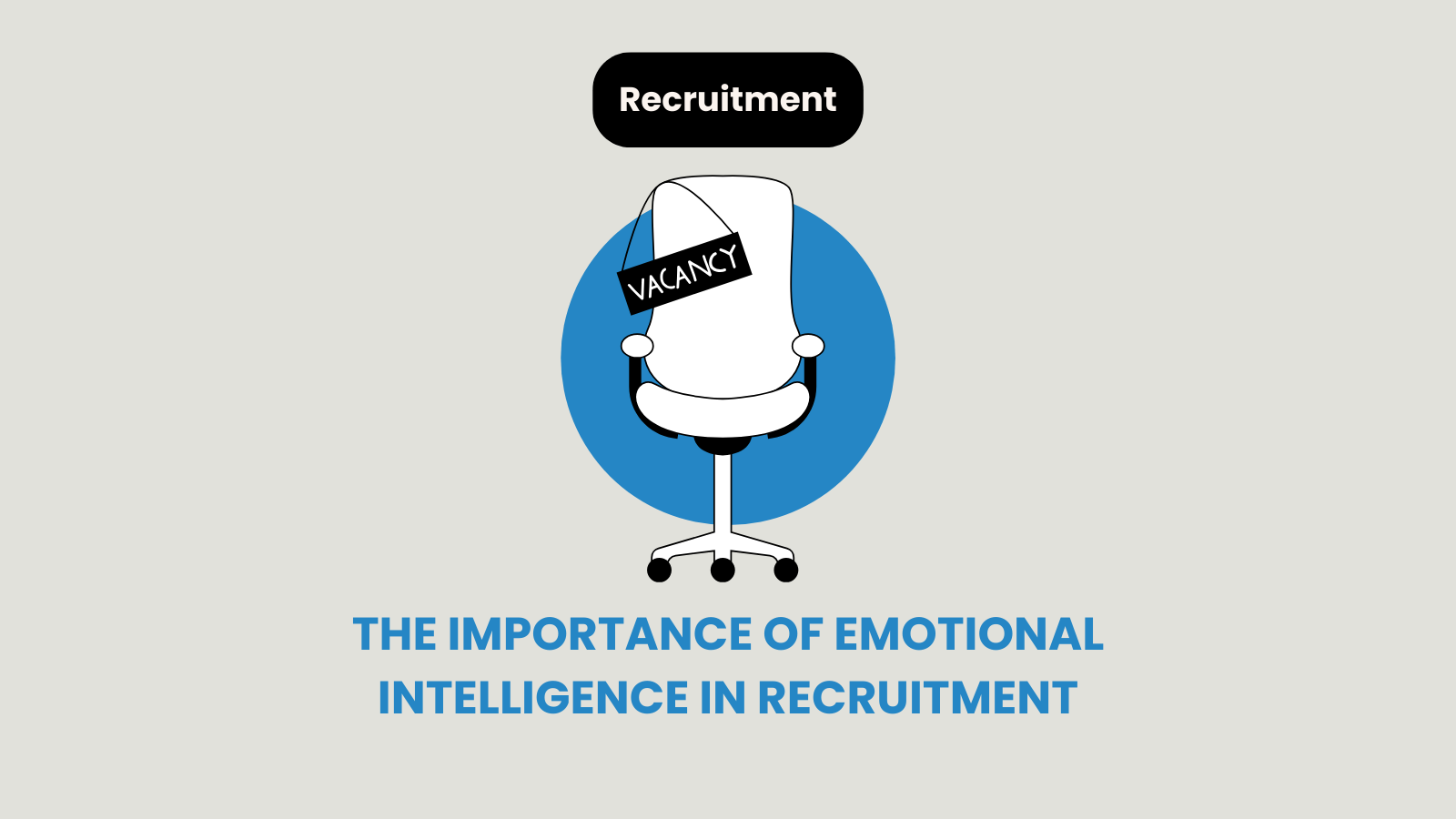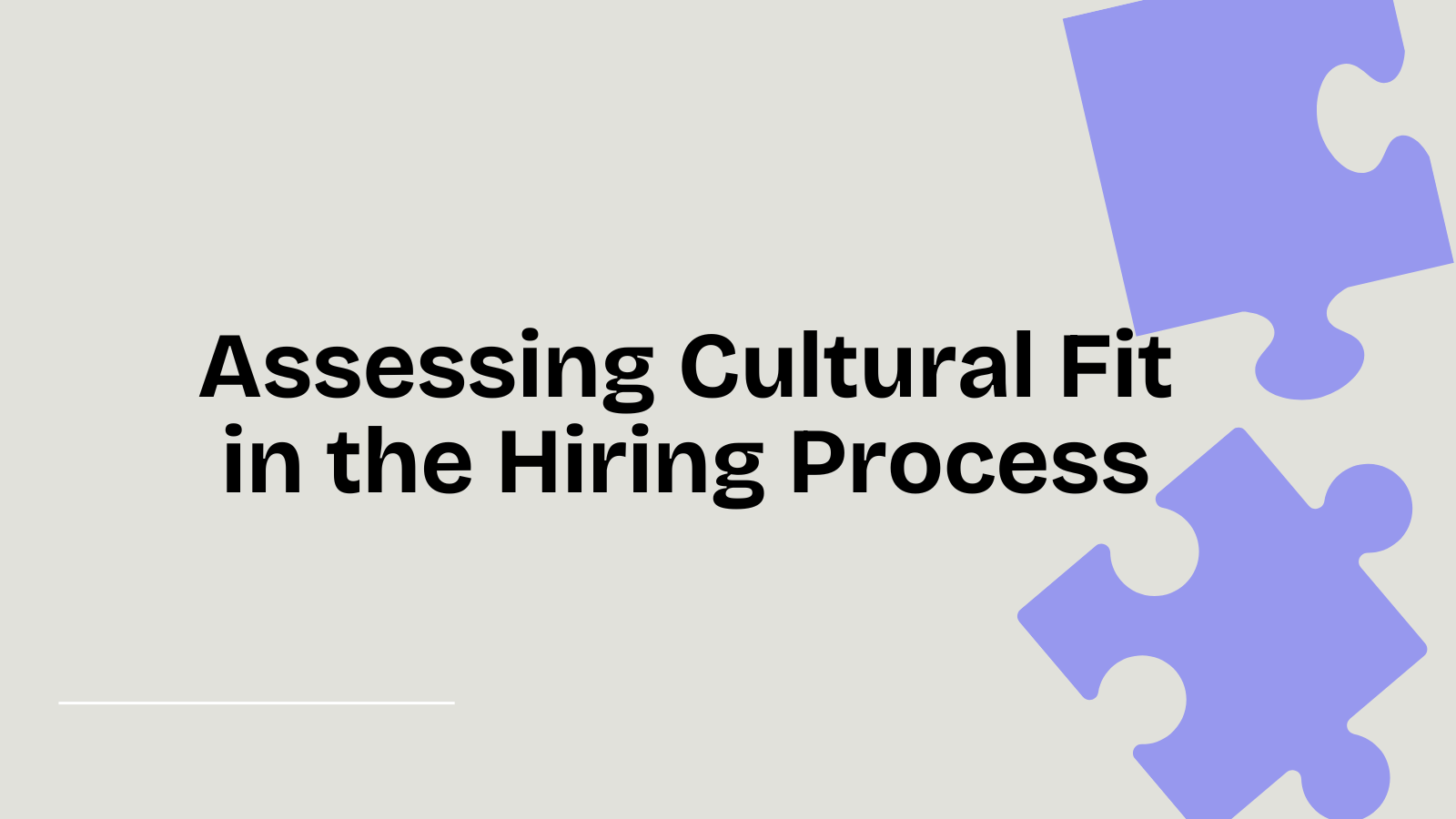The massive wave of quitting is still in full swing! According to surveys, around 4 million Americans leave their jobs each month. So, employers must work out new ways to keep their best workers. But they should also offboard those who (definitely) choose to quit. One helpful way is to run an employee exit interview with everyone who decides to go for another career opportunity.
Get ready to learn what these interviews are like and why they’re super important!
What is an employee exit interview?
Some people stick around with their companies for a very long time. Others are infamously labeled as job hoppers. But there’s also a category of those who were fired or left involuntarily for some reason. Either way, the time comes when an employee’s life cycle reaches its finish.
So, eventually, these soon-to-be former employees should be appropriately sent off into the next stage of their careers. Introducing – employee exit interview.
Simply put, we’re talking about a final exchange of views that allows a departing worker and their company to trade valuable feedback. This chit-chat usually sets place when a team member’s last day with the company arrives. And it represents an amazing opportunity for both parties to reflect upon the reasons for the employee’s quitting.
🗝️ Here’s a key point to memorize:
Companies usually run exit interviews when their staff members leave voluntarily. However, speaking with someone whose contract was terminated by the employer can still grant some beneficial insights. So, while these interviews are typically reserved for those who chose to take off, it’s better to include all previous workers.
Exit interview importance
When everything’s done well, the purpose of the exit interview is clear. It should provide enough information for an employer to revisit & refine their actions, tactics, and environment. By knowing about the issues and weaknesses of their organization, they can focus on fixing them. And by doing so, they’ll boost their retention rates and maximize their results in the long run.
But there’s more! Scheduling a heartfelt and fruitful convo with a former staff member will ensure an amicable parting. In more simple terms, it will leave the door unshut. In fact, studies show that 15% tend to return to their previous company after a while (a phenomenon known as boomeranging). Still, if going back isn’t a part of an employee’s agenda, parting ways on friendly terms will make them feel good about themselves and their entire experience with the firm.
How to conduct an exit interview?
Some employees say they’re leaving the company because they’ve found a more compelling opportunity. They’d go for higher pay, a more attractive set of benefits, or a more enticing scope of work. However, this isn’t how things should be left. And it’s not what you’d call valuable feedback. So, it is vital to ask them if they’d be willing to participate in a final interview (even if this is a basic part of the company’s policy, give them a choice).
Exit interviews can be done in various ways. Employers could run them over the phone, online, or face-to-face. They can even be done in writing. If you go for an actual chat, be sure to make them an hour long at most. And finally, don’t get an employee caught completely off guard. Provide them with at least some sort of direction regarding where you’ll be heading with the questionnaire. Let them get ready.
And pay close attention to those other crucial steps you’ll need to take.
Know who should conduct exit interviews
Choosing the right person to run this final talk is essential. And the integral rule to go by is picking someone who is in a neutral position. So, that leaves their team leader (or any direct manager) out of the picture. This is of paramount importance because it’s the only way to have an open and honest conversation.
HR representatives are often a good choice. Still, if they were in charge of the interviewee’s team, they wouldn’t be fully impartial.
Make sure to respect confidentiality
Confidentiality is a top priority for employers who truly aim for candid feedback. So, when summarizing the results and creating a strategy accordingly, it’s key to keep the employee’s identity hidden. Surely, this point is tough to go by if you’re working in a small organization. In those cases, it’s recommended to use 360-degree surveys and combine the data gathered in them with the info from an exit interview.
Still, some scenarios don’t allow anonymity or discretion:
- Reports of harassment,
- Any sort of discrimination,
- Violated policies or even laws.
In other words, any information that points to an investigation or legal proceedings being needed urges the company to drop the rules of confidentiality.
Have a checklist of do’s & don’ts
Some general rules apply to all job interviews, stay interviews, and even exit interviews. Although each of these talks has a different purpose, one thing is for sure – the stage interviewers set has to be pleasant and encouraging. Keeping the convo nice and relaxed is always the right way to obtain insights and build up participants’ experiences.
Now, in this particular case, an interviewer must:
- Ask open-ended questions,
- Engage in constructive feedback without perpetuating the unproductive and/or spiteful comments,
- Stop the interviewee from going into details regarding a particular situation or event,
- Avoid all personal thoughts, notions, and views,
- Drop the questions that feel forced or troublesome for the employee.
Finally, here’s the ultimate point to remember – never use these interviews to stop a staff member from quitting. Some are prone to trying to change the employee’s mind and keeping them within the firm, but that’s a bad practice bound to misfire.
Categorize the results you’ve obtained in exit interviews
Organizing the data gathered during these interviews that come just before an employee’s departure is pivotal. Because it’s what happens afterward that makes all the difference. So, let’s see what companies have on their hands. First of all, this data can be labeled as qualitative and quantitative. The first category is tied to those questions that help employers grasp the person’s employee experience as a whole, with its positive and negative aspects and notions. Also, it covers workers’ suggestions for improvement. As for quantitative data, it’s mainly about the amount of time spent with the company, notice day, employee’s performance, and how likely they are to recommend the firm to a friend.
Now, when you reach the stage where you get to categorize information, be sure to rely on some factors and metrics. For instance, note if a specific Manager keeps on having low retention rates. Pay attention to staff members who perpetually miss their milestones, underperforming departments, and consistent dissatisfaction with certain parts of work or the company’s culture. Finally, beware if people keep leaving to join the same competitor.
11 exit interview questions you must ask
So, now we’ve covered some of the do’s & don’ts and basic steps one must take to structure and run a final round of talks with soon-to-be ex-employees. Here’s what else we must tackle – what questions should be asked in an exit interview?
These are the key Q&As:
- What made you start looking for a new job?
- Were you treated right and praised for your contributions?
- Did you struggle to understand and accept some company policies?
- Did your job description change during your employment?
- Were you provided with the right tools, resources, and guidelines to complete your tasks?
- Was your onboarding process done right?
- Were you pleased with the development and growth opportunities we offered?
- What was the best part of your daily job?
- Could you add something to improve the company’s organization and culture?
- Can you describe a candidate who should take your place and point out a few key skills, competencies, and traits they must have?
- Would you recommend this firm to a job seeker?
Once these crucial questions have been answered, leaving some room for extra commentary, tips, and feedback is always a good idea. Encouraging the interviewee to speak their mind is the best way to grasp the rights and wrongs and pinpoint one’s course toward perfecting the company’s approaches and strategies.
A farewell statement done right.
It is obvious that there are many perks to exit interviews. Former employees will feel good about themselves and their previous experience, and employers will have some solid ground to build their future tactics. But that’s not nearly the end of all benefits to look forward to. In fact, 91% of Fortune 500 companies run exit interviews – just in case anyone needed another layer of persuasion.
So, don’t skip this essential part of every employee’s journey. And use our simple guide (+ template) to make the most of it.




